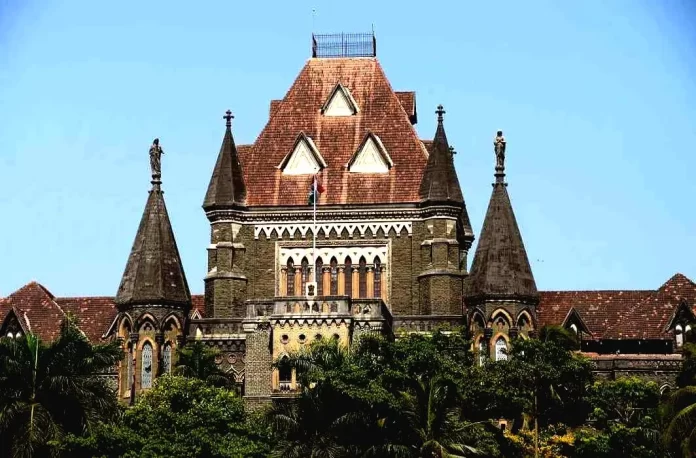The Bombay High Court has set up a 12-member expert panel to examine the public health risks linked to pigeon feeding, in response to petitions challenging the BMC’s ban on the practice at public Kabutarkhanas.
A bench comprising Justices Girish S. Kulkarni and Arif S. Doctor decreed that, although the court lacks the scientific expertise to arrive at a definitive conclusion regarding potential health risks, such matters deserve thorough technical analysis by specialists. Accordingly, they authorized the constitution of a multidisciplinary panel, which the State submitted and the court accepted.
The committee will be chaired by the Director of the Department of Public Health and includes representatives from key institutions and disciplines including Executive Health Officer, BMC Town Planning Department (Member Secretary),Director, Bombay Natural History Society,an AIIMS professor,nominees from both the Maharashtra animal welfare board and the Animal welfare board of India along with pulmonologists Dr. Sujeet Rajan and Dr. Amita Athavale,an immunology professor from the Government Medical College,a veterinary science professor from a government veterinary college and a microbiologist nominated by the Dean of JJ Hospital.
The panel has a twofold assignment with first to assess any health hazards—such as respiratory or sanitary risks—stemming from pigeon feeding and droppings and second, to determine whether controlled feeding can be allowed at designated sites without compromising public health.
Authorities are mandated to issue public notices inviting feedback and objections before any decision is finalized—highlighting that policy changes cannot ignore public interest. The committee must be formally notified by August 20, and is expected to deliver its findings within one month of its inaugural meeting.
The BMC’s policy of shutting Kabutarkhanas sparked protest especially from the Jain community, who view pigeon feeding as religiously and culturally significant. Protesters even removed tarpaulin covers installed by the BMC at Dadar Kabutarkhana.
Previously, the court had refused interim relief to the petitioners but had also ensured protections for heritage Kabutarkhanas while actions against unauthorized feeding continued.
Efforts at mediation have seen political figures propose compromises. For instance, BJP minister Mangal Prabhat Lodha condemned the protests and advocated for an alternate feeding site in Borivali, while others pushed for regulated feeding hours that respect both health concerns and religious sentiments.
The Supreme Court has declined to intervene, directing petitioners to approach the High Court instead.


